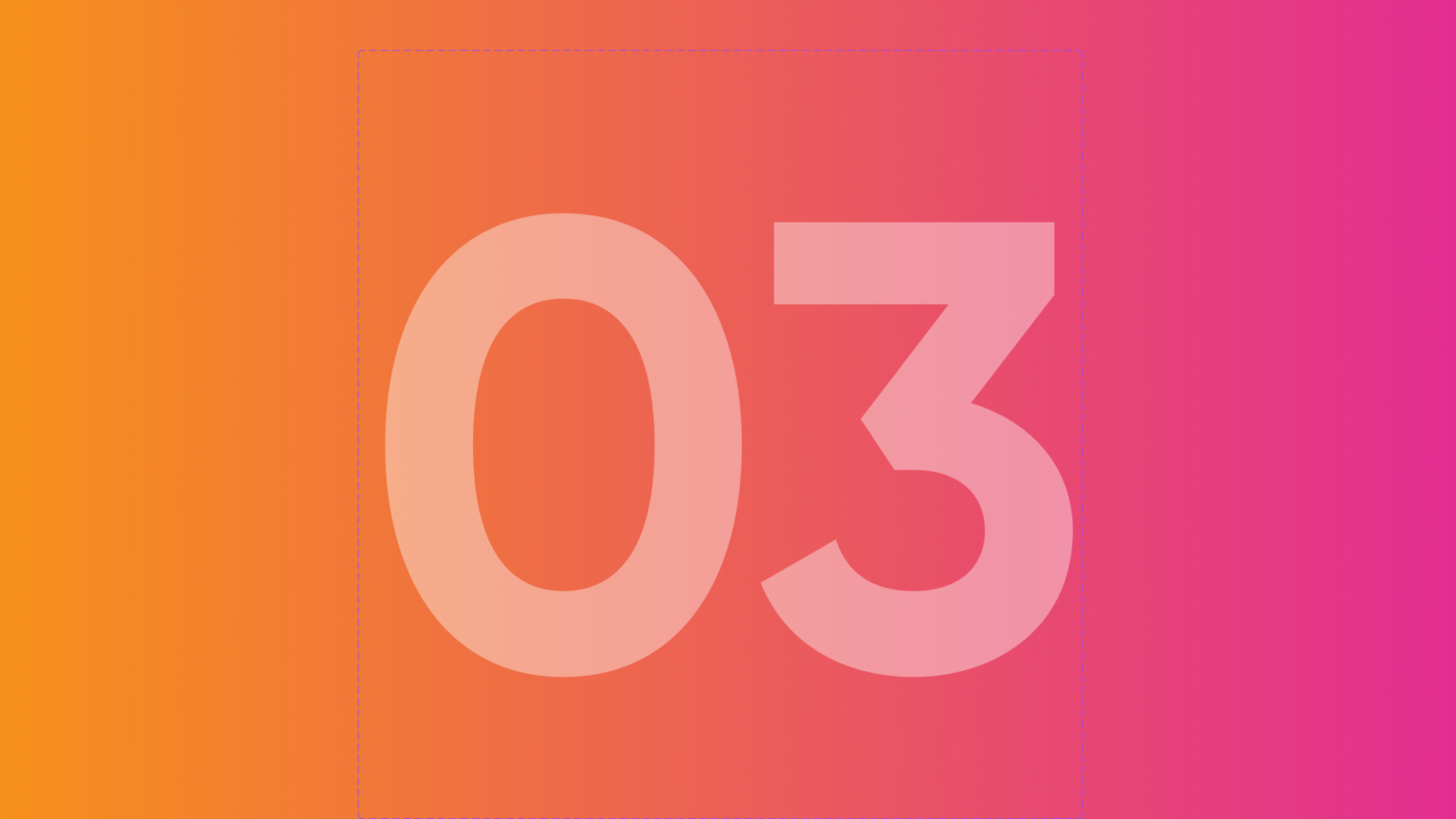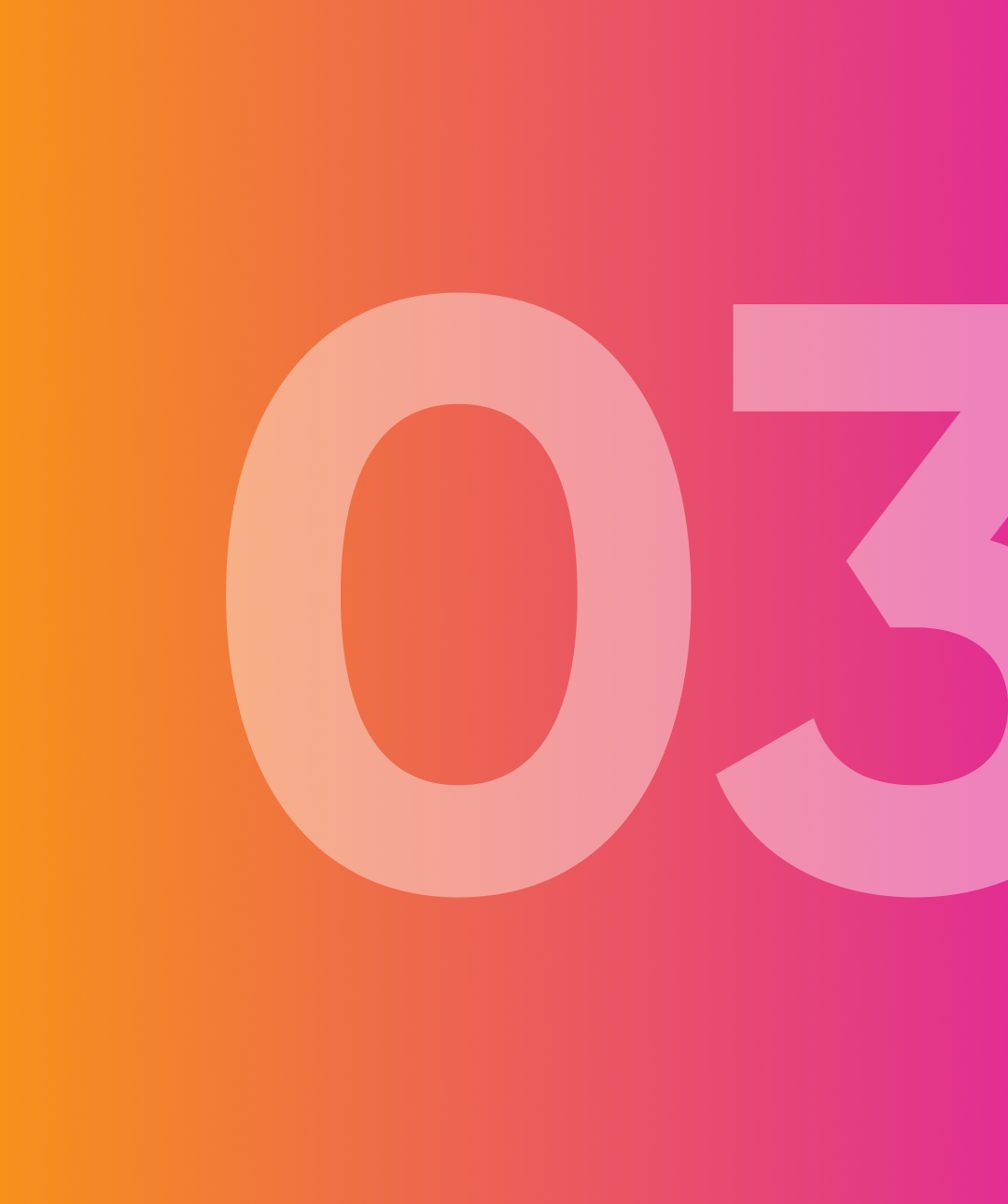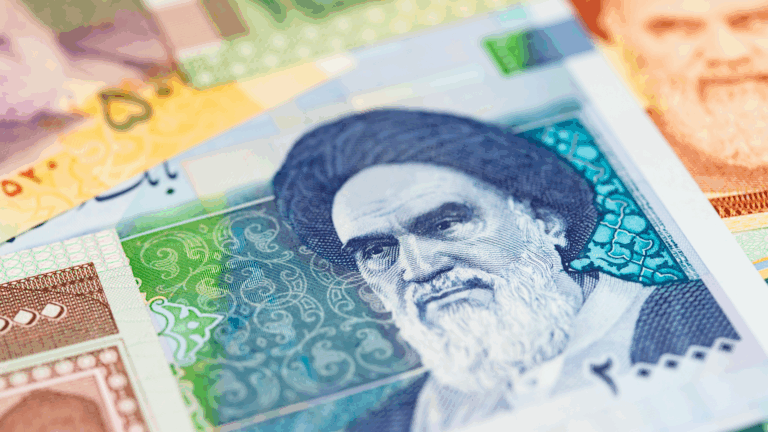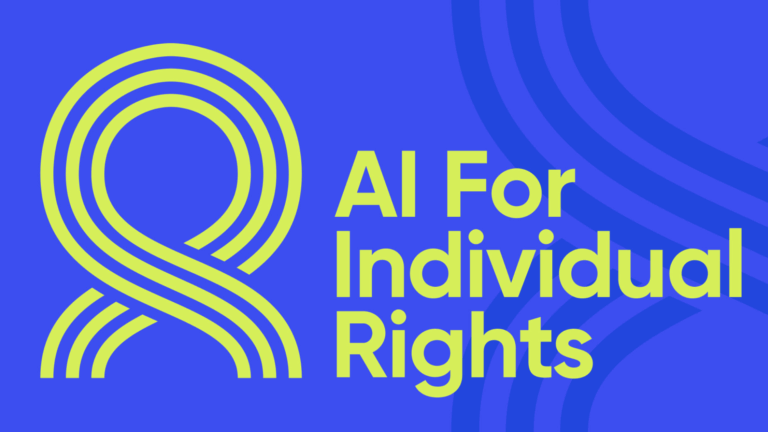Splice | Cross-Border Payments in Africa
Splice is an Africa-focused service using automated foreign exchange swaps with Taproot Assets on the Lightning Network to eliminate costly overseas intermediaries and reduce transaction friction. The service will offer a peer-to-peer non-KYC system for cross-border payments through mobile money agents, moving instantly over Lightning but shielded from volatility by Taproot Assets. Here is a one-minute live demo, which premiered at the Africa Bitcoin Conference in Accra.
Ledger Live | User Tracking
An anonymous X user revealed that almost every single component on the web app Ledger Live is harvesting user information about payments and funds to a third-party source. This surveillance has apparently been occurring since a Ledger Live software update in 2019. Recommendation: Switch to an open-source hardware wallet and use a client like Electrum or Sparrow Wallet.
Spiral | Open Source Funding
Spiral announced two grant renewals for Johannes Hoffman, who monitors Bitcoin P2P network metrics at 21 Ninja in an effort to contribute to stats that may prove useful to the Bitcoin developer community, as well as the VLS Project, which separates Lightning private keys and security rule validation from Lightning nodes, helping to improve user security.
Bitcoin Mining | Mining in Africa Report
Africa’s massively untapped hydroelectric energy and potential mini-grid infrastructure present significant opportunities for miners, according to the recently published Bitcoin Mining in Africa report. The Luxor-authored report examined the ease of doing business, electricity capacity, power prices, and import tariffs across the African continent and ranked Ethiopia, Nigeria, and Zambia as having the most potential for Bitcoin mining growth in the future.
Coin Center | Privacy
The US Department of the Treasury disclosed proposals to strengthen authorities financing counter-terrorism. In their recommendations, entities like wallet providers, Bitcoin nodes, and decentralized finance services could be treated as “financial institutions” under the Bank Secrecy Act. Coin Center argues that these measures could lead to the censorship of Bitcoin Wallets, affecting users in dozens of countries worldwide.
Primal | Decentralized Social Media
Primal, a social media application built on Nostr, is now live on the App Store. The release comes with an integrated lightning wallet, the ability to send and receive lightning payments and to buy small amounts of sats via an in-app purchase. For human rights advocates in difficult political environments, applications like Primal may provide an effective communication tool to avoid censorship and share news online without disclosing their identity.








